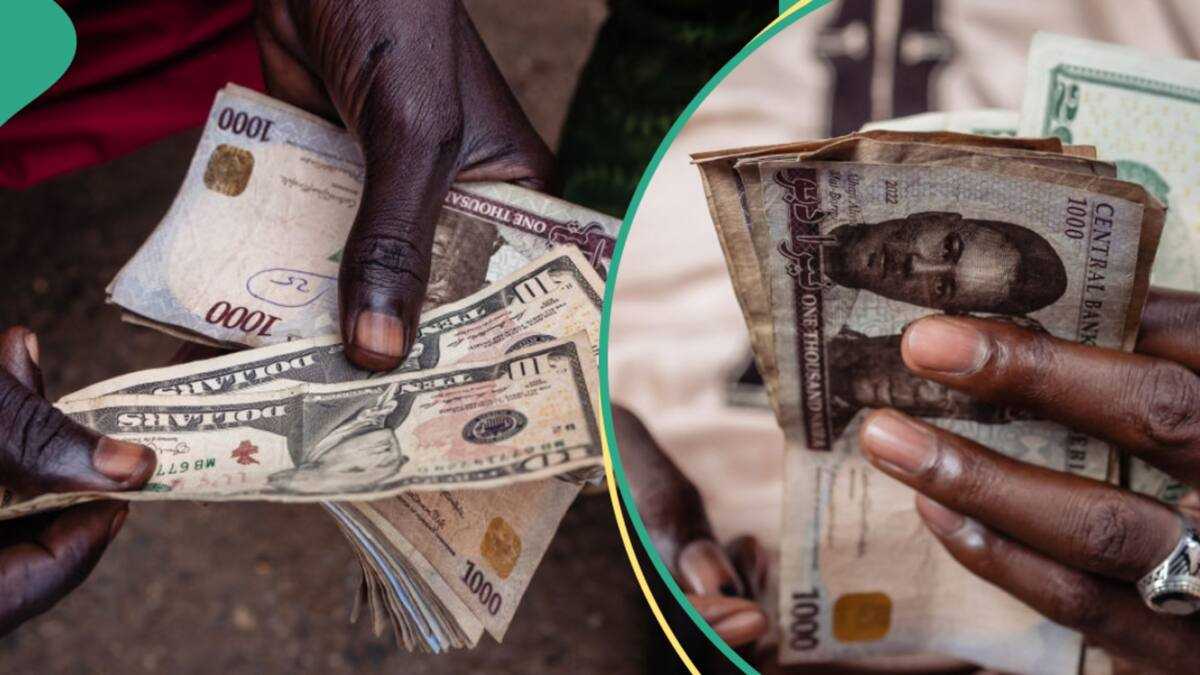The Nigerian naira continued its sharp decline, dropping to N1,658.48 against the US dollar on September 24, 2024, marking a 6.13% depreciation in the official Investor and Exporter (I&E) window.
This steep fall came after the Central Bank of Nigeria (CBN) raised interest rates by 50 basis points to 27.25% in an effort to curb inflation, a move that has sparked debate among financial experts.
According to market analysts, the CBN’s decision to tighten monetary policy, while intended to fight inflation, failed to immediately stabilize the naira, which breached the N1,600 mark for the first time.
Dr. Uche Nnaji, an economist at Lagos Business School, believes that the hike could be a double-edged sword. “Raising interest rates should, in theory, attract foreign investments and strengthen the naira.
But the market reaction shows skepticism, as inflationary pressures and liquidity concerns still loom large,” Nnaji explained.
Despite the currency’s depreciation, the I&E window saw a significant 66% increase in market turnover, from $100.21 million on September 23 to $166.36 million a day later.
READ ALSO: Naira among world’s worst currencies as experts blame mismanagement, oil dependency
Experts say this surge suggests heightened demand for foreign exchange, with traders seeking to secure dollars amidst fears of further naira depreciation.
“We’re seeing a rush to hedge against the naira’s fall, which could explain the spike in trading activity,” said Bismarck Rewane, CEO of Financial Derivatives Company.
However, the broader outlook remains mixed. While the parallel market recorded similar volatility, with the naira fluctuating between N1,664 and N1,560, analysts note that the currency has remained within the N1,500 to N1,600 range since mid-July, indicating deeper structural issues within Nigeria’s foreign exchange market.
Looking ahead, financial experts are cautiously optimistic about the CBN’s measures.
“The increase in the Cash Reserve Ratio and the attempt to align with global interest rate movements could bring some relief if capital inflows pick up,” noted Rewane.
Yet, he warned that without a sustained effort to improve external reserves and balance foreign exchange supply, the naira may face further downward pressure.
As Nigeria grapples with rising inflation and a depreciating currency, the effectiveness of the CBN’s recent moves will be closely watched in the coming months.
Experts agree that while these measures may attract foreign portfolio investments in the long term, the short-term volatility may persist until market confidence is restored.

 Entertainment1 week ago
Entertainment1 week ago
 Business1 week ago
Business1 week ago
 Business1 week ago
Business1 week ago
 Football1 week ago
Football1 week ago
 Entertainment1 week ago
Entertainment1 week ago
 Entertainment6 days ago
Entertainment6 days ago
 Latest1 week ago
Latest1 week ago
 Latest1 week ago
Latest1 week ago

